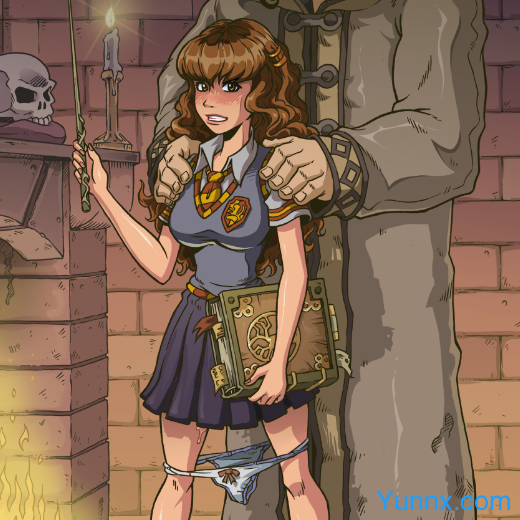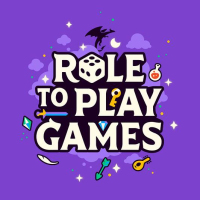Anolock weaves a tender tale of grief and gradual healing as a bereaved noble rebuilds his life with three enigmatic maids. Through shared chores, vulnerable conversations, and quiet moments, rediscover purpose in a shattered world. Balance emotional boundaries and growing attachments in this slice-of-life narrative rich with subtle hope.
Pathways to Emotional Recovery
1. Trauma-Informed Interactions – Choose dialogue that respects each maid’s unspoken pasts: push too hard about their origins, and trust erodes; listen passively, and stagnation prolongs despair.
2. Therapeutic Routines – Rebuild a daily rhythm through gardening mini-games that symbolize regrowth or cooking sessions where burnt dishes still spark laughter.
3. Symptom Management – Address the protagonist’s PTSD tremors by accepting help during tea ceremonies or hiding weakness, altering how the maids perceive vulnerability.
Mansion Life Mechanics
1. Time Allocation System – Prioritize evenings tutoring a maid in literacy, dawn walks to collect medicinal herbs, or solitary journaling—each activity impacts recovery metrics differently.
2. Environmental Storytelling – Discover faded family portraits hidden in attics, or a maid’s clandestine shrine honoring pandemic victims, revealing layers beyond surface routines.
3. Bathing Rituals – Assist with scrubbing floors to earn “relaxation points” for therapeutic baths, where candid confessions surface amidst steam and vulnerability.
Artistry in Nuance
1. Seasonal Aesthetics – Watch the mansion’s courtyard transition from winter’s bleak grays to spring’s cherry blossoms, mirroring the protagonist’s inner thaw.
2. Ambient Soundscapes – Clinking dishware and crackling fireplaces contrast with haunting silences in unused ballrooms, audibly tracking healing progress.
3. Gesture-Based UI – Scroll through letters with shaky hands during low-mood phases or steady calligraphy when hope resurges—a tactile reflection of mental states.















































Preview: